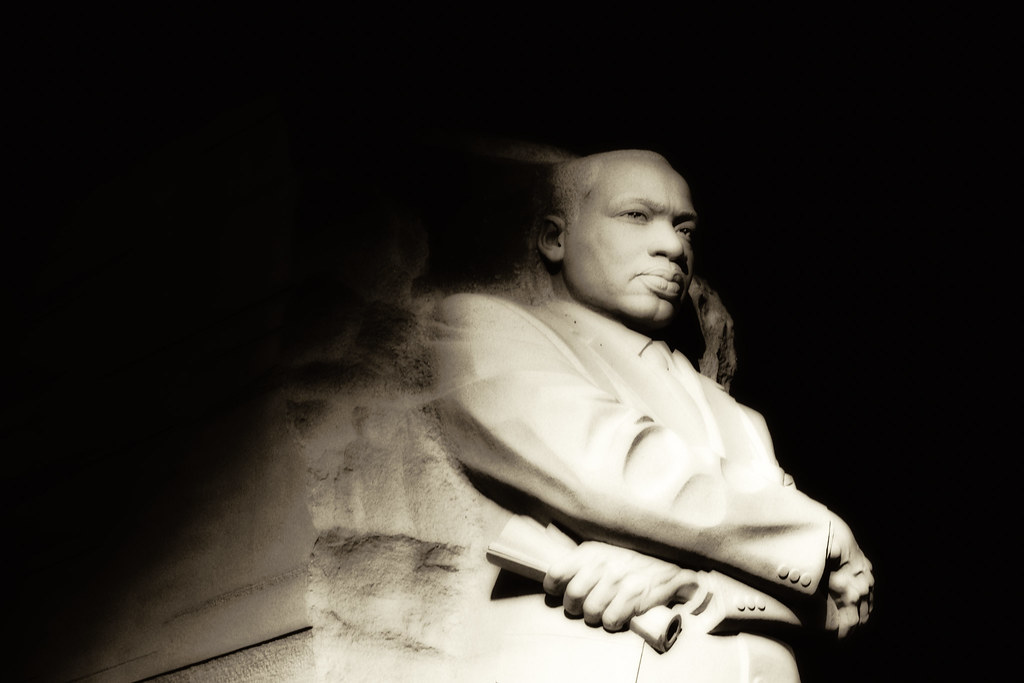
Black History Month
By Professor Sean Jacobs
As a field, International Relations is often thought of as having been born in the mid-twentieth century United States from the nexus of state interests and an academy that fetishized the Western model of sovereignty. There is some truth to that, in that many of the institutions’ approaches that set the field on its course were established at that time. However, this account erases the field’s deeper roots in an emerging early 20th century American political science obsessed with “race development” and the imperatives of managing whites’ relationships with what were seen as the “lower races.”
As Jessica Blatt, political scientist and author of Race and the Making of American Political Science, told students in my Decolonizing International Affairs seminar during a recent class visit, at its origins, most of the earliest IR scholars in the United States “made no bones about the fact that the United States was–and ought to be–an empire, and viewed both the oppression of African-Americans and the genocide against Native Americans as forms of colonial management and experiences that ought to inform America’s management of its colonial subjects as that empire expanded.”
February is Black History Month in the United States. Part of our decolonizing work at GPIA involves examining the relationship between American race politics and the country’s imperial and colonial adventures. We also seek to recall how black American social movements and scholar-activists understood the international dimensions of American political economy and power. It is only more recently that the 20th century African American historian and political theorist W.E.B. Du Bois has been recognized for his central contribution to IR theory. Then there is the rich history of African-American internationalism from Paul Robeson to Malcolm X during the Cold War and up through today.
Months before he was murdered in 1965, Malcolm X announced a campaign to have the United States tried before the United Nations. He charged the US government with failing to protect its black citizens from white terrorism and racist police violence. In the 1950s and 1960s, James Baldwin used his fame to speak out for Algerians (colonized by France) and later Palestinians (living under an Israeli system that resembles South African apartheid). Though Martin Luther King Jr. is now more remembered as the preeminent leader of the civil rights struggle for black people in the US, he was a key figure in the American anti-apartheid movement and the decolonization of African countries. In fact, at the independence celebrations for Ghana in 1957, King, invited by the new government, told President Eisenhower’s representative, vice president Richard Nixon: “I want you to come visit us down in Alabama where we are seeking the same kind of freedom the Gold Coast is celebrating.”
In more recent times, the demand for human rights by African-Americans on the international stage has been taken up by a new generation. For instance in 2014, the parents of Michael Brown, murdered by police in Ferguson, Missouri, went to testify before a UN commission on police violence in Geneva. Or just this past December, the Reverend William J. Barber, an advocate for both racial and economic equality, called for an immediate ceasefire and negotiations to end Russia’s war against Ukraine.
For our part at GPIA, we recognize the global struggle for racial justice–encapsulated by the globalization of Black Lives Matter in western Europe, South America and Africa, and it inspired the establishment of our Decolonizing International Affairs class. It is most fitting that during Black History Month in the United States, we acknowledge the intellectual and political pioneers whose shoulders we stand on. However, when we celebrate this month, we do not merely look back on an impressive history, we look forward to taking up the challenge and the mantle of confronting injustice wherever it is. In other words, we cannot adequately commemorate Black History Month without pursuing a decolonized international affairs future.
Cover Image by Johnny Silvercloud